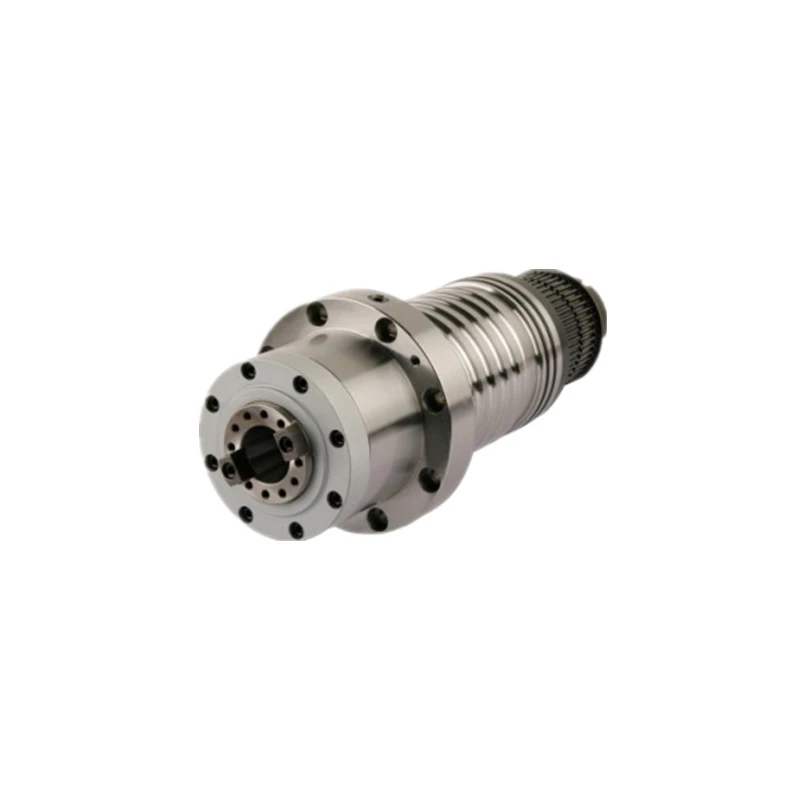1 月 . 13, 2025 18:01 Back to list
3d point cloud scanner


As for authority within the industry, the consistent accuracy provided by lidar scanning builds trust among clients and stakeholders. Projects backed by precise lidar data come with a higher degree of predictability and risk management. Clients appreciate this transparency and reliability, which enhances a firm's reputation and trustworthiness. In an industry where project delays and budget overruns frequently make headlines, utilizing technology that mitigates such risks is a competitive advantage. The trustworthiness of lidar is further emphasized by its growing adoption in regulatory and safety assessments. Governments and regulatory bodies increasingly require intricate data for zoning, environmental impact assessments, and compliance checks. Scanner lidar systems offer verifiable and repeatable data sets that meet these high standards. Construction teams that are equipped with lidar technology are better positioned to swiftly address compliance and environmental challenges, ensuring that projects adhere to all necessary legal frameworks. The emergence of lidar technology in construction epitomizes the fusion of experience, expertise, authority, and trust. By integrating this advanced tool, construction professionals not only enhance their project capabilities but also demonstrate a forward-thinking approach to overcoming industry challenges. Embracing scanner lidar systems is no longer just an option but a necessity for those eager to lead in innovation and precision within the construction sector.
-
Why Steel Mills Rely on FODA’s High-Temperature Cylindrical Roller Bearings?
NewsApr.10,2025
-
What is a Plain Bearing? A Complete Guide to Design & Functionality
NewsApr.10,2025
-
Thrust Ball Bearings vs. Tapered Roller Bearings: FODA’s Performance Comparison
NewsApr.10,2025
-
The Engineering Behind FODA Thrust Ball Bearings: Precision for High-Speed Applications
NewsApr.10,2025
-
No More Compromises: Get Precision-Engineered Custom Bearings Tailored to Your Exact Specifications
NewsApr.10,2025
-
In-Depth Analysis: Application Differences of Different Types of Angular Contact Ball Bearings
NewsApr.10,2025
Products categories
















